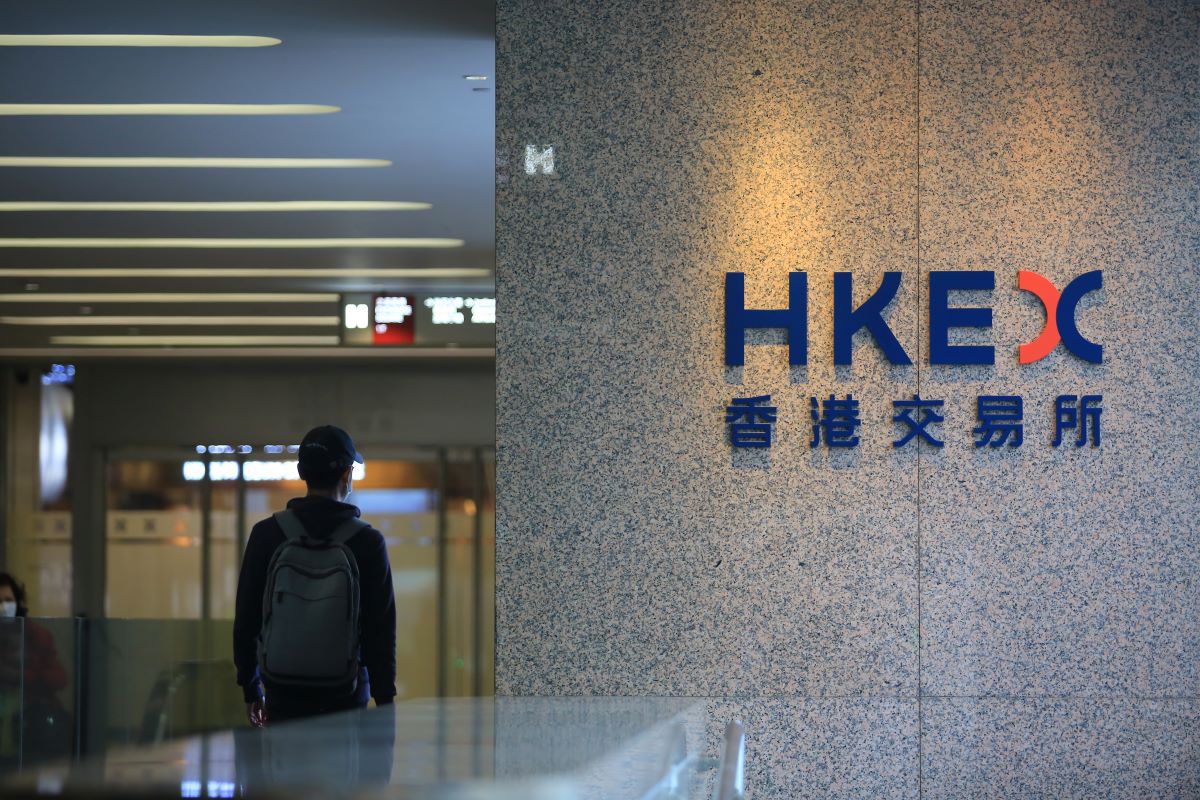The operator of Hong Kong’s exchange on October 19 reported a 30% decline in its third-quarter profits due to lower trade volumes, but beat analyst estimates of a larger fall. Hong Kong Exchanges and Clearing Ltd (HKEX) said that tightening monetary conditions and concern over a slowdown in China kept traders at bay over the last quarter.
However, the profits of the Hong Kong exchange have been slipping over the past six quarters after China tightened its hold over the city and brought in new regulations. Additionally, Beijing’s zero-Covid policy has eroded investor confidence in Chinese equities, hitting the Hong Kong exchange, which is modelled as an offshore hub for mainland stocks.
The decline of Hong Kong exchange
During the September quarter, daily trading of equities slipped 43% to HK$84 bn ($10.7 bn) compared to the previous year. Overall, HKEX has seen a revenue decline of 17% for the quarter while the profit fell to HK$2.26 bn from HK$3.25 bn last year.
“Our numbers are down on record comparables and we continue to see softness in our cash market,” said Nicolas Aguzin, CEO of HKEX, in a statement. “However, there are early signs of renewed momentum in the IPO market, a buoyant derivatives market and continued strength in both Stock Connect and Bond Connect.”
Once a hot spot for public listings, Hong Kong’s IPO market had a rocky start to the year with only one listing in May. In the first nine months of 2022, the bourse had helped raise only $8.8 bn for companies going public, compared to $37.1 bn for the same period last year. On the other hand, mainland China’s IPO market has been booming this year, accounting for over 50% of public listings in Asia.
To bolster Hong Kong’s IPO market, the HKEX has proposed new listing rules to allow pre-revenue or pre-profit big tech companies to go public. Additionally, the China Securities Regulatory Commission (CSRC) last month said that foreign companies listed in Hong Kong shall be included in the stock connect programme.
Meanwhile, the Hang Seng Index has slipped 21% during the quarter that ended September 30. Shares of HKEX have declined over 40% in 2022, erasing $32 bn in market value.
China has been eager to affirm Hong Kong’s status as an offshore hub for mainland stocks and has launched schemes such as stock connect and interest rate swaps to woo foreign investors. Previously, CEO Aguzin said the bourse is encouraging investment banks to issue new products such as derivatives warrants based on the MSCI A 50 Index, which tracks the 50 largest stocks listed in Shanghai and Shenzhen.


 Australia
Australia China
China India
India Indonesia
Indonesia Japan
Japan Malaysia
Malaysia Philippines
Philippines Singapore
Singapore South Korea
South Korea Taiwan
Taiwan Thailand
Thailand Vietnam
Vietnam







